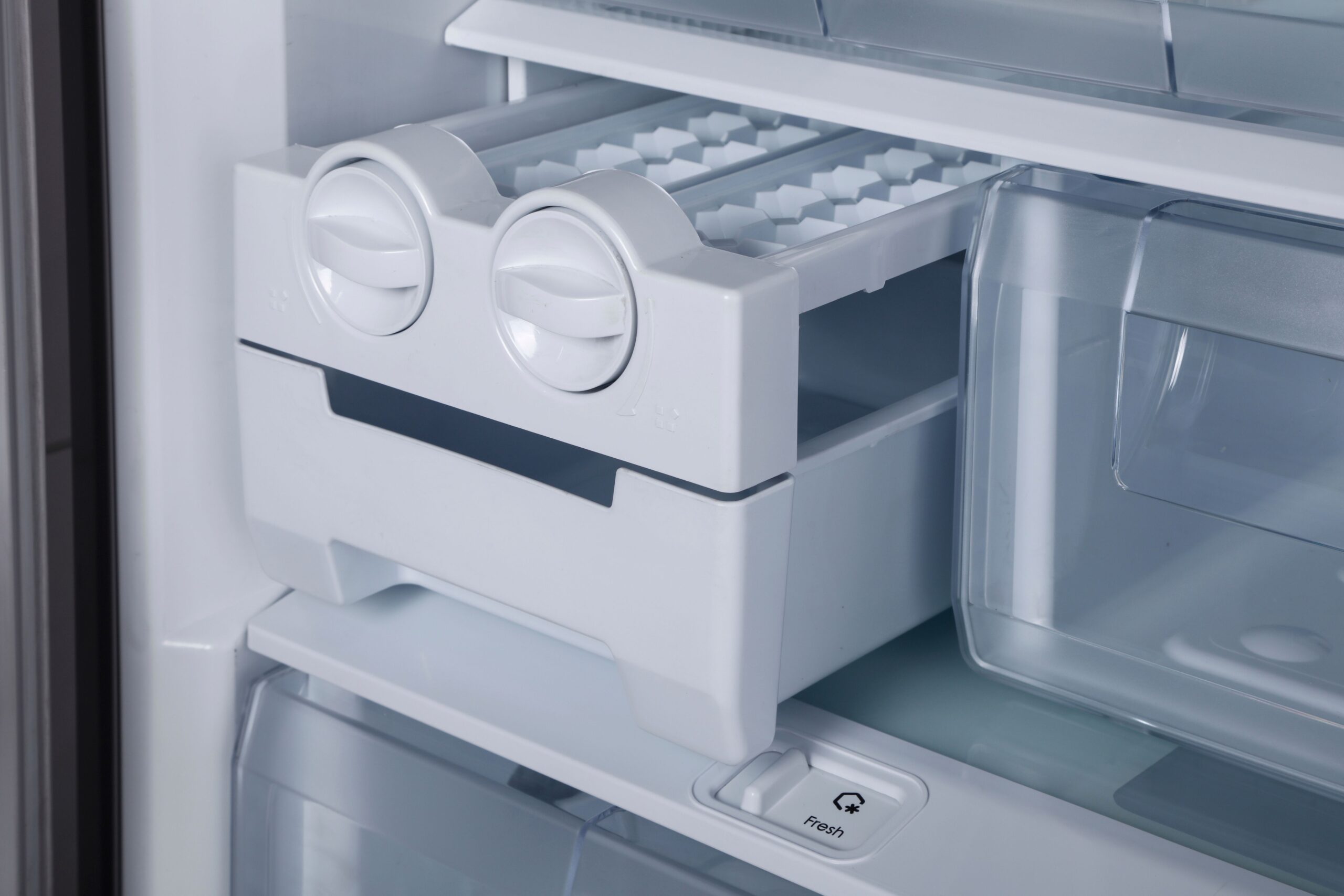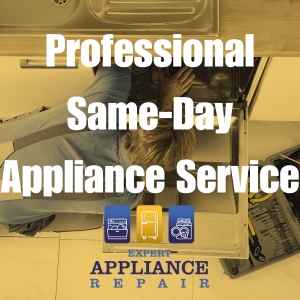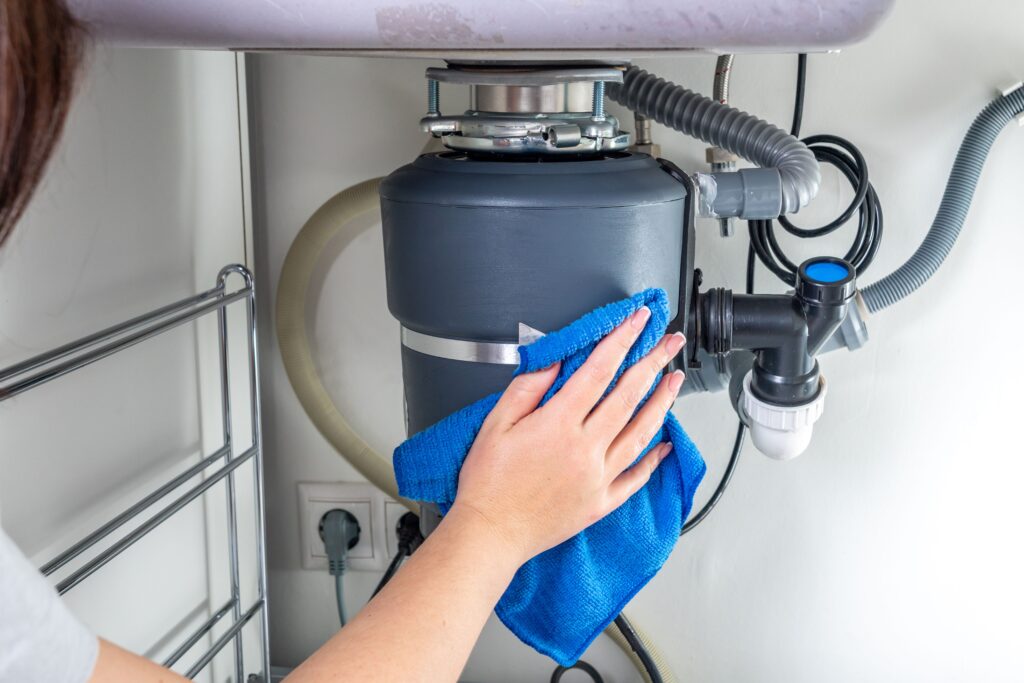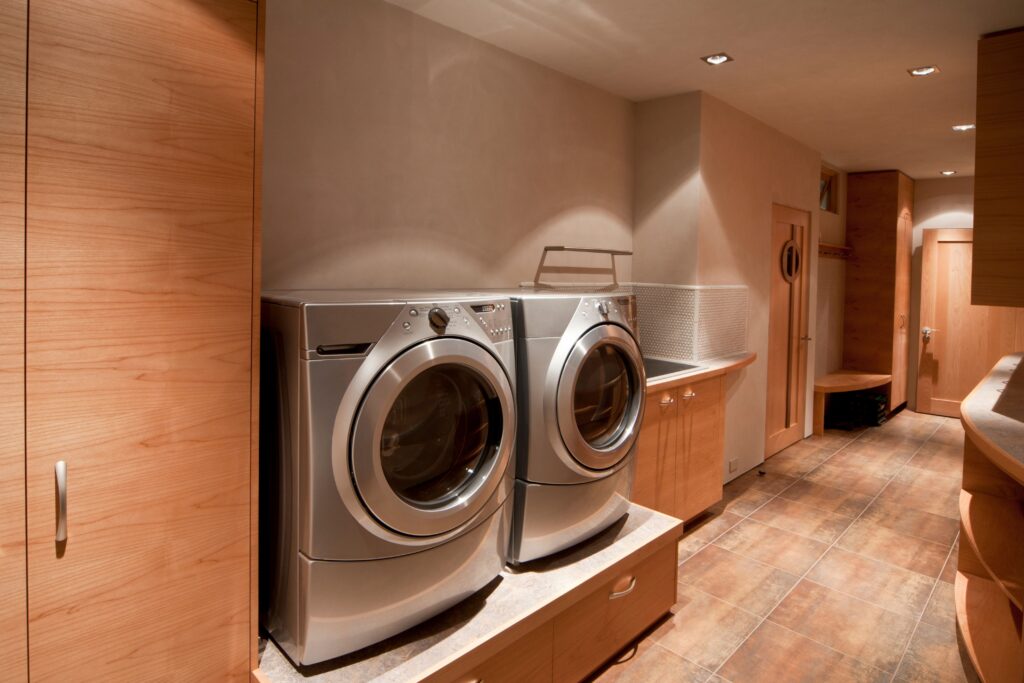
DIY Troubleshooting: Common Ice Maker Problems and How to Fix Them
Is your Ice Maker on the fritz? It’s a common household annoyance, but before you call in the pros, know that some issues can be resolved with a little DIY spirit and a few tools. Here’s a handy guide for identifying common icemaker problems and solving them from the comfort of your own home.
Ice Maker Problems and DIY Solutions
1. Ice Maker Not Producing Ice
When your ice maker stops churning out cubes, it’s time for some investigation.
- Check the Power Connection: Ensure that your freezer is properly plugged in and that the icemaker is turned on. Some units have an arm or switch that activates ice production.
- Inspect the Water Supply Line: A kink or freeze in the water line can halt ice production. Straighten out any visible kinks and use a hair dryer to thaw a frozen line gently.
- Change the Filter: A clogged water filter can restrict water flow to the icemaker. Most manufacturers recommend changing the filter every six months.

2. Ice Maker Producing Small or Oddly Shaped Ice
When your ice cubes look off, the culprit is usually the water supply.
- Water Pressure Check: Low water pressure can result in poor ice production. The refrigerator’s water pressure should be between 40 and 120 psi.
- Inspect the Fill Cup and Arm: Make sure that the fill cup isn’t frozen and the fill arm isn’t stuck or obstructed.
3. Ice Tastes Bad or Smells Funny
Ice that’s foul in flavor could be down to what’s in your freezer or the water filter.
- Food Storage Review: Strong-smelling foods should be sealed properly. Odors can transfer to the ice and affect its taste.
- Water Filter Replacement: As mentioned earlier, change the water filter regularly. A dirty filter can impart an unpleasant taste to the ice.
4. Ice Maker Leaking Water
A puddle indicates a possible leak in the system.
- Level the Fridge: An unlevel refrigerator can cause water to pool and ice to build up. Adjust the legs of the fridge to level it out.
- Water Line Connections: Check the water line connections at the back of the refrigerator for tightness and correct any leaks.
5. Ice Maker Makes Too Much Ice
Sometimes, an icemaker won’t stop producing ice, leading to an overflow.
- Check the Shutoff Arm: A malfunctioning shutoff arm or sensor can cause overproduction of ice. If the arm is broken, it may need to be replaced.
- Inspect the Control Module: In some models, a faulty control module can cause endless ice production. This might require professional assistance.
Safety First!
Before attempting any DIY repairs, always ensure your safety first:
- Unplug your refrigerator before inspecting any electrical components.
- Wear gloves when handling sharp objects inside the freezer.
- Use caution with hair dryers or any heat source to avoid plastic components melting.
When to Call the Pros
If you’ve walked through these steps and your icemaker is still acting up, it might be time to call in an ice maker repair service. Complex issues like refrigerant problems or a faulty motor are best left to the professionals.
Preventative Maintenance
Regular maintenance can help avoid icemaker issues:
- Clean the ice bin every month.
- Replace the water filter as recommended by the manufacturer.
- Keep your freezer at the proper temperature, between 0-5 degrees Fahrenheit (-18 to -15 degrees Celsius).
Your icemaker is a modern convenience that’s hard to live without once you’re used to it. By following this guide, you’ll hopefully solve simple issues at home and keep the ice flowing. For more tips on appliance repair and maintenance, or to schedule a service visit, please fill out a form to get competitive quotes.

Complex Ice Maker Issues That Demand Professional Attention
While many icemaker issues can be resolved with a little DIY ingenuity, there are certain problems that are more complex, requiring the skill and knowledge of a professional. Here’s when it’s time to put down the toolbox and pick up the phone to call an expert.
Malfunctioning Thermostat
The thermostat controls the temperature and, by extension, the ice production cycle. If your ice maker is producing ice too slowly, or not at all, the thermostat might be out of order.
Symptoms:
Inconsistent ice cube sizes or a machine that runs continuously without stopping can indicate a thermostat issue.
Professional Solution:
A technician can test the thermostat’s continuity with a multimeter and replace it if necessary.
Faulty Electronic Control Board
The electronic control board is the brain of your icemaker, and if it’s on the blink, the whole system can go haywire.
Symptoms:
The ice maker doesn’t respond to input, produces too much ice, or stops producing ice altogether.
Professional Solution:
Repairing or replacing an electronic control board is complex and requires a professional’s expertise.
Broken Motor or Gear
The motor and gear assembly powers the icemaker’s ejector arms, which push the ice out of the mold. If these components fail, you won’t get any ice.
Symptoms:
A buzzing sound can indicate that the motor is trying to move the arms, but they’re stuck.
Professional Solution:
A technician can dismantle the icemaker, identify the broken parts, and replace them.

Refrigerant Issues
Just like your refrigerator, the ice maker needs a refrigerant to cool the water into ice. If there’s a leak or the levels are low, it won’t produce ice.
Symptoms:
A lack of ice production despite everything else being in working order might suggest a refrigerant issue.
Professional Solution:
Handling refrigerant requires special certification due to environmental laws. A licensed professional can recharge the system and fix leaks.
Water Valve Malfunction
The water inlet valve opens to supply water to the icemaker. If it’s defective, water won’t reach the icemaker or it could leak out.
Symptoms:
No water in the ice mold or water leaking from the back of the freezer.
Professional Solution:
A professional can test the valve’s solenoid with a multimeter and replace the valve if needed.
Why Rely on Appliance Repair Services?
Access to the Right Tools and Parts: Professionals come equipped with all the necessary tools and have access to the exact replacement parts for your ice maker.
Safety: Repairing an icemaker often involves working with electrical components and plumbing. Professionals know how to handle these safely to prevent electrocution or water damage.
Warranty Preservation: DIY repairs can sometimes void warranties. Professionals ensure that repairs are done without affecting the warranty status.
Experience and Expertise: Professionals have the training to diagnose complex problems quickly and accurately, ensuring that repairs are done correctly the first time.
Peace of Mind: Perhaps the most significant benefit is the peace of mind that comes with knowing the repair is performed professionally.
Before you end up with a puddle of problems, recognize when it’s time to call in the cavalry. If your icemaker has symptoms that point to these complex issues, contact a certified appliance repair professional. Our team has a network of experienced professionals with the tools and dedication to service to get your icemaker back to peak performance promptly and efficiently.


